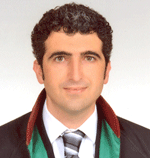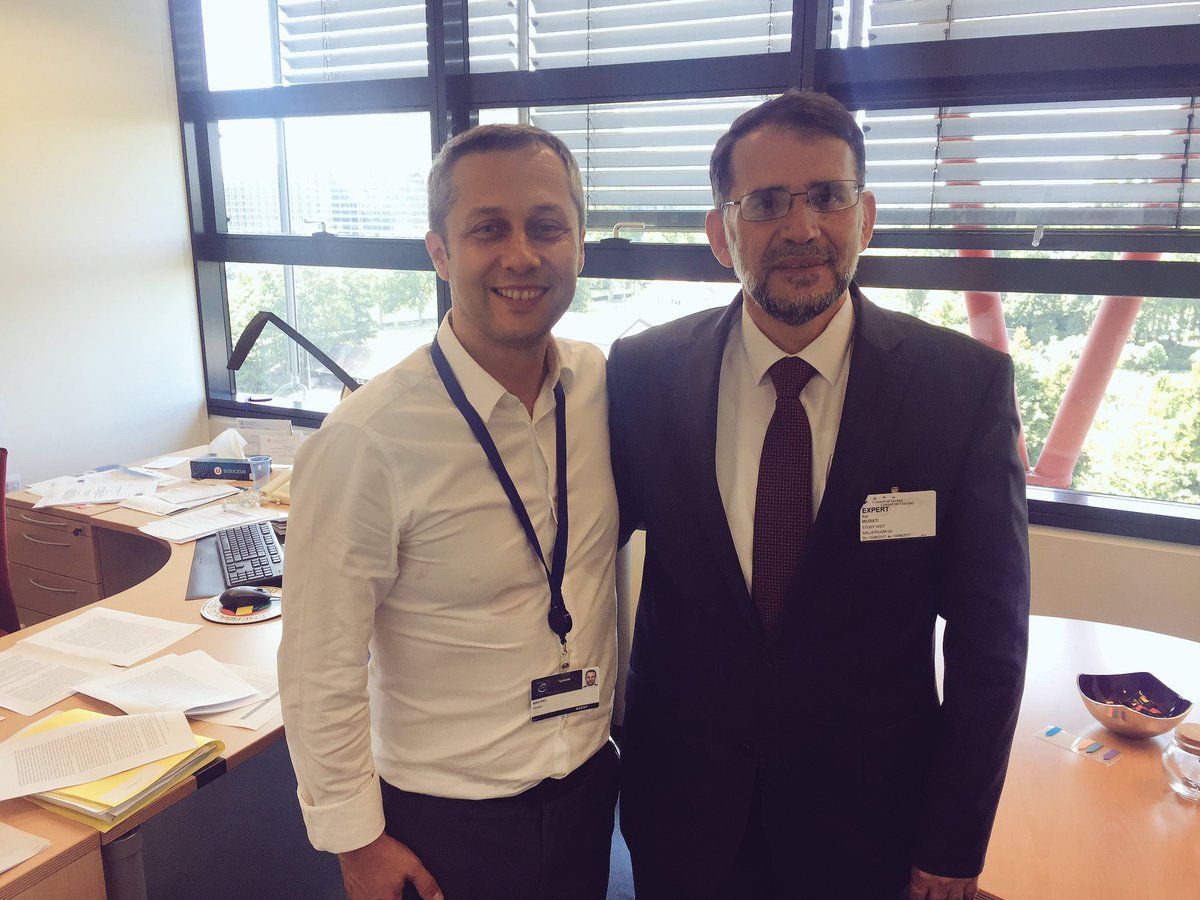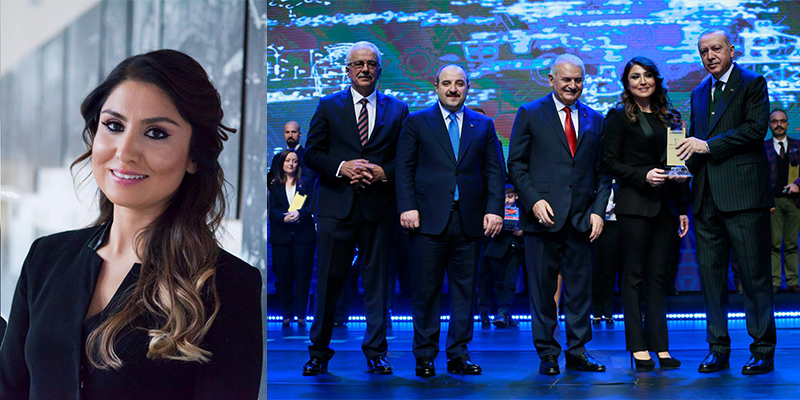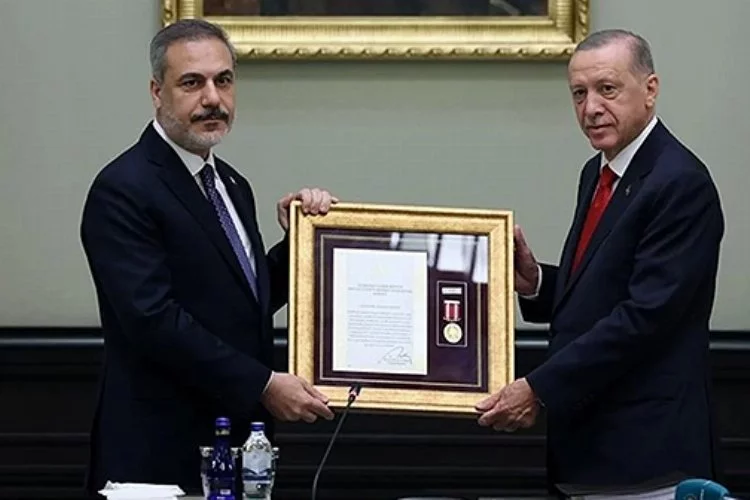Levent Kenez/Stockholm
A member of the main opposition party in the Turkish parliament has submitted a written inquiry addressed to Foreign Minister Hakan Fidan alleging government interference in recruitment processes at the European Court of Human Rights (ECtHR). According to the MP, the Turkish government has influenced hiring decisions through Turkish staff working at the ECtHR, resulting in the exclusion of a candidate deemed unsuitable due to ethnic background. The inquiry suggests that political considerations, rather than professional qualifications, led to the individual being overlooked for the position.

In a written parliamentary inquiry submitted on October 11, Sezgin Tanrıkulu, a member of the Republican People’s Party (CHP), raised allegations regarding potential interference in hiring practices at the ECtHR. Tanrıkulu claims that Associate Professor Ümit Kılınç, a former Kurdish employee at the Council of Europe, was overlooked for a position at the ECtHR despite having strong qualifications. Kılınç was ranked second in the 2021 written exam for the position and was fourth on the waiting list after an oral examination. However, he was ultimately not hired. Tanrıkulu further noted that the fifth and sixth candidates on the list were hired for the department responsible for the execution of ECtHR rulings.
Tanrıkulu directed his inquiry to Foreign Minister Fidan, asking if the ministry had influenced the 16-year absence of Kurdish citizens of Turkey from the Turkish section of the ECtHR Registry.
He also asked if there had been any direct or indirect communication with the Council of Europe’s human resources department, specifically with Mesut Özyavuz, who was head of the recruitment service at the time, to prevent Kılınç’s appointment.
Additionally, Tanrıkulu called for clarification on whether Hasan Bakırcı, division head at the ECtHR’s Second Section, had any role in blocking Kılınç’s recruitment.
Positions at the ECtHR are classified into two categories: A and B. “A” positions are long-term roles with career advancement opportunities, while “B” positions are generally temporary, four-year jobs.
Text of Tanrıkulu’s inquiry:
Following an investigation by Nordic Monitor, it was revealed that Kılınç may have been flagged for his alleged connections to Kurdish groups or groups sympathetic to the outlawed Kurdistan Workers’ Party (PKK) in addition to being Kurdish, by the Turkish diplomatic missions in France or by Turkish staff working at the ECtHR. Nordic Monitor previously reported that Turkish diplomatic missions had compiled lists of individuals opposing President Recep Tayyip Erdogan and communicated these lists to Ankara. As a result, it is highly likely that the Turkish government lobbied against Kılınç’s employment at the ECtHR.
Another piece of information obtained by Nordic Monitor indicates that Bakırcı, mentioned in Tanrıkulu’s inquiry, exerts significant influence over hiring decisions.
Bakırcı has recently come under scrutiny for allegedly misdirecting the court in cases brought against the Turkish government, particularly those related to the Gülen movement, a group critical of Erdogan. Nordic Monitor has learned that Bakırcı does not have an ideological affinity with Erdogan’s Islamist government; instead, he is said to possess a Kemalist-secular worldview. It is also alleged that he may be open to collaborating with the Erdogan government like many secular groups in Turkey, particularly regarding the purge of Kurdish and Gülen-affiliated groups from state institutions. It is no secret that secular groups in Turkey supported Erdogan in his struggle against the Gülen movement, which he accused of trying to overthrow his government following corruption investigations that emerged concerning him and his family in 2013.

Talip Aydın, former chairman of the Human Rights Commission at the Turkish Ministry of Justice, highlighted in 2023 that more effective decisions from the ECtHR related to victims affiliated with the Gülen movement could be achieved by tackling the presence of legal professionals aligned with the Erdogan regime within the court.
Aydın specifically pointed out that influential figures at the ECtHR, such as Bakırcı, Atilla Nalbant and Civan Turmangil, have led the court astray. He said it is widely known among people closely following the ECtHR that Bakırcı, is a passionate supporter of the Fenerbahçe football team and is antithetical toward the Gülen movement. This animosity is linked to an allegation frequently cited by the Erdogan regime following the implication of Fenerbahçe and its officials in a police investigation into match-fixing in 2011. Despite confessions from several players and officials involved in the scandal, the case was later claimed by Erdogan to have been a setup orchestrated by Gülen-affiliated police, prosecutors and judges. Nevertheless, the UEFA Disciplinary Committee imposed a two-year ban on Fenerbahçe from European competitions in 2011.
Aydın shared screenshots of some posts from Bakırcı’s now-closed Twitter account, arguing that personal views of the head of the registry have prevented achieving the desired outcomes in cases related to the Gülen movement.
The Turkish government’s political influence over the ECtHR has long been recognized, particularly in Strasbourg circles, where Turkish judge Saadet Yüksel has been labeled a “Trojan horse” due to her perceived bias in cases against the Erdogan government.
Yüksel, 41, the youngest member of the court by far, began her tenure on July 1, 2019 following a prolonged period of tension between Turkey and the Parliamentary Assembly of the Council of Europe (PACE). This tension arose after PACE rejected several Turkish nominees, deeming them unqualified. The impasse was finally resolved with the selection of Yüksel, an academic from the law faculty at Istanbul University.

However, her appointment raised red flags among human rights observers, who expressed concern regarding her impartiality due to her close ties to Turkey’s ruling Justice and Development Party (AKP). Notably, Yüksel’s brother, Cüneyt, was an AKP lawmaker and a deputy chairman of the party. Furthermore, Yüksel has affiliations with Islamist foundations supported by the Erdogan government and was an assistant and student of the late Burhan Kuzu, a chief aide and prominent propagandist for President Erdogan.
As events have unfolded, critics’ concerns have been validated. Yüksel has consistently voted against decisions that would allow Erdogan’s opponents to benefit from fundamental articles of the European Convention on Human Rights (ECHR), widely regarded as the most effective international treaty for human rights protection.
Her brother was elected as a member of parliament from the AKP again in the 2023 elections and is currently chairman of the parliamentary Justice Committee. Cüneyt Yüksel advocated for a regulation that was approved by the committee last week which opens the door to labeling opponents as spies funded by foreign countries.












